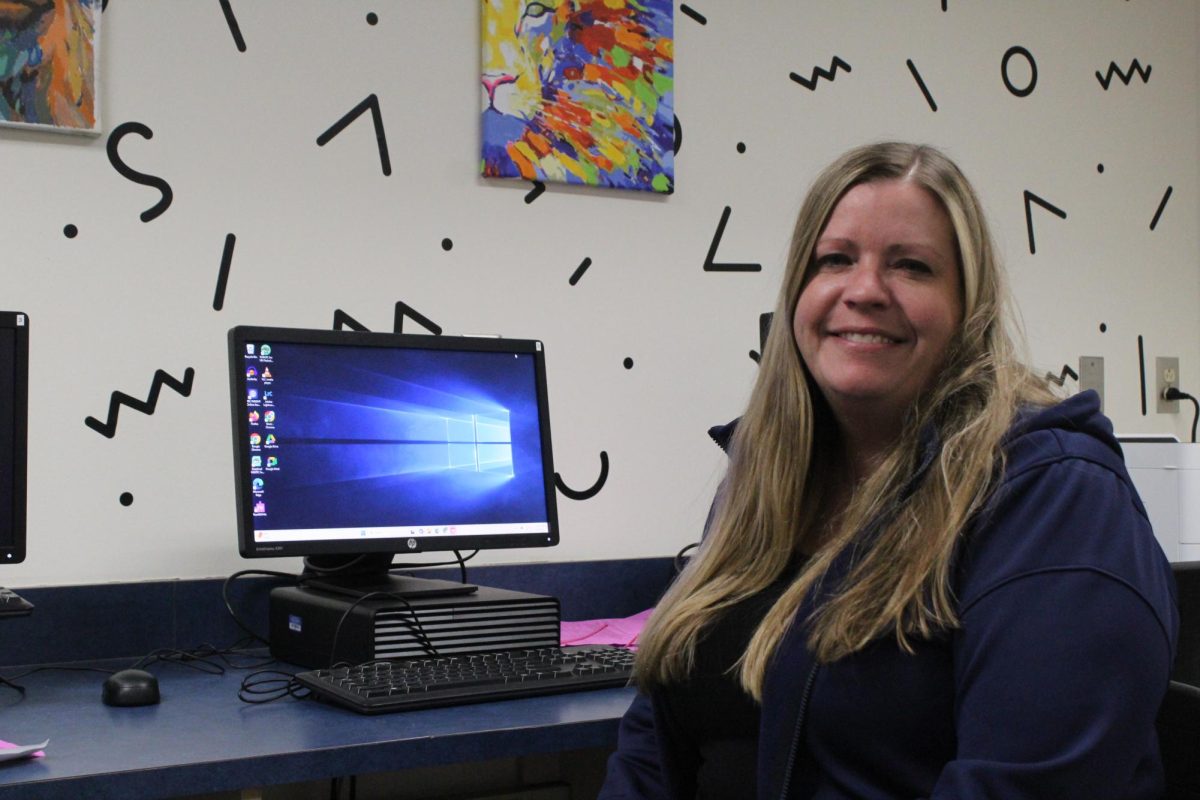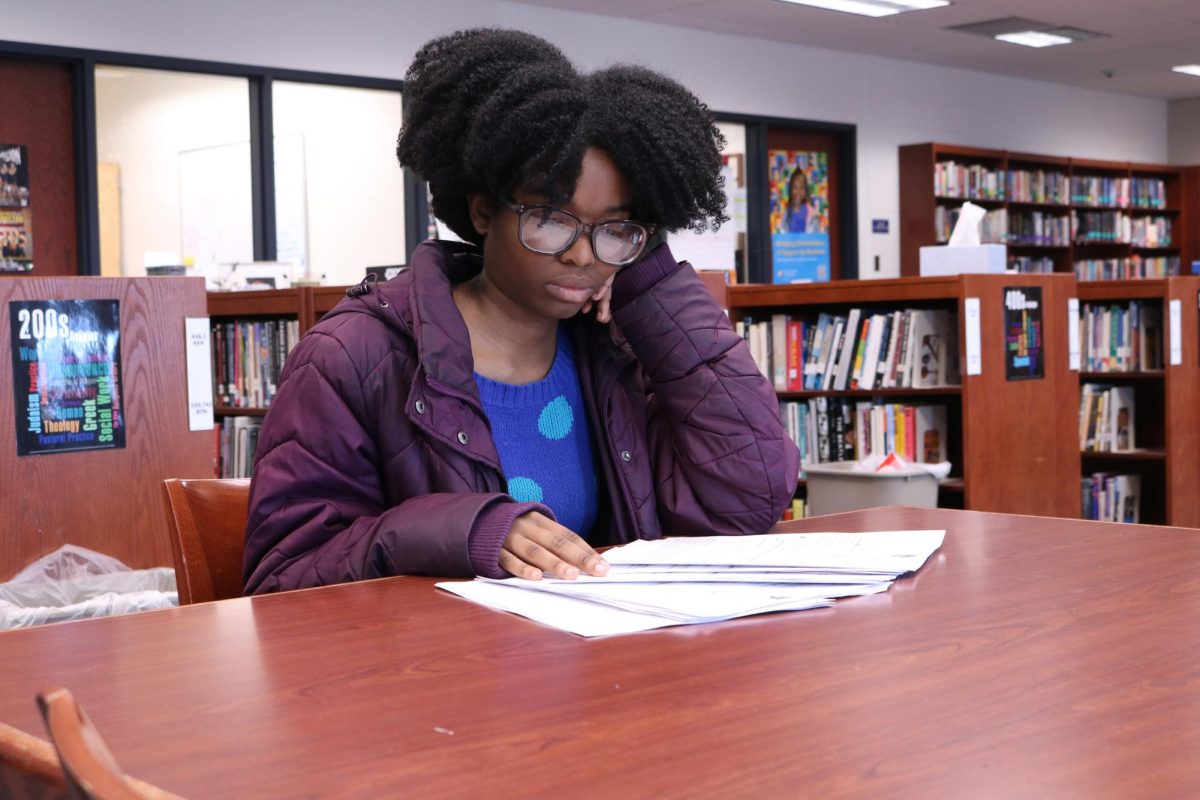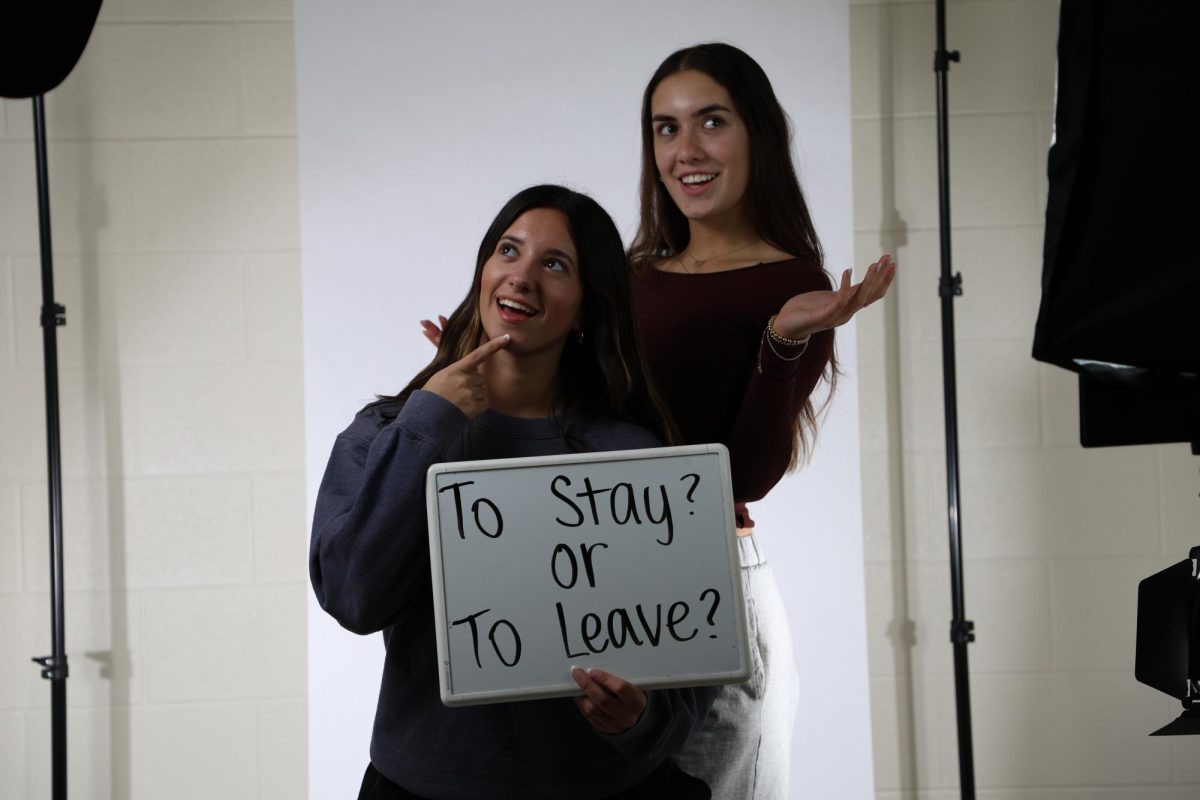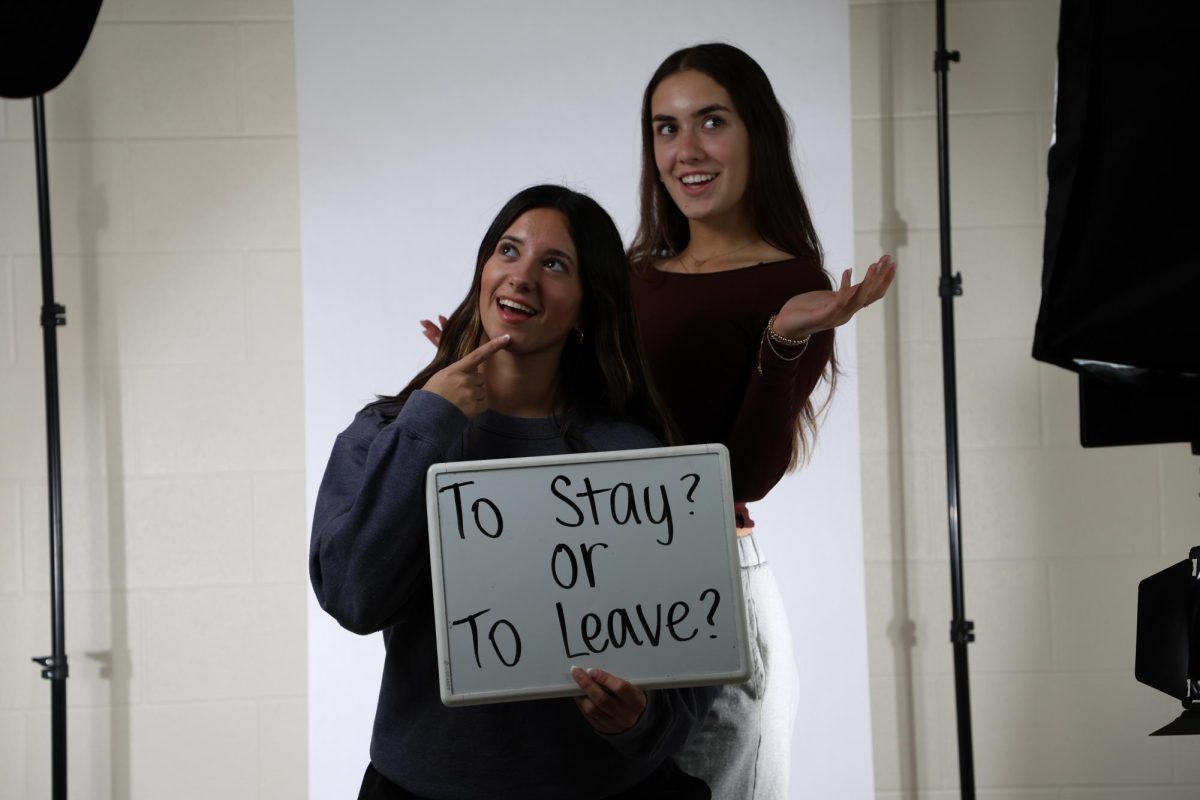As a high school student who works hard to keep my grades up and regularly participates in sports, having to wake up at 6:00 a.m and repeat the cycle every day can be exhausting. I rarely get more than six or seven hours of sleep, and it affects my academics, athletic performances and sometimes mental health.
Sleep and mental health have a direct correlation. Something that gets in the way of much-needed sleep for teens is waking up early for school. I am a night person, it is when I am most productive. So, getting a proper education early in the morning is a real struggle.
Now obviously I don’t believe that school should be during night hours, but if the starting time was pushed back even by an hour it could potentially change a student’s mental health and learning ability.
For instance, over a six year period, Williamston High School has pushed their start time back, completing their end goal of an 8:30 a.m start time in 2022-2023. Their superintendent, Adam Spina, said the school start time was altered for many reasons. One of the starting points for the Williamston transition referenced California State law, which states no schools are allowed to start earlier than 8:30 a.m.
“We focused on making this change due to a significant amount of research on best practices for adolescent learners, suggesting students should not be starting school before 8:30 AM, “ Spina said. “A later start time would have positive outcomes.”
Since making the change, he considers it a “resounding success” where Williamston High Schoolers are “arriving at school better rested and ready to learn with the later start time.”
I believe that starting school at a later time would not only positively affect teens’ mental health, but students’ academic productivity here at ELHS. District Mental Health Coordinator Heather Findley explained how quality and time of sleep can affect students’ work habits and mental health.
“Waking up early can impact ones’ mental health if sleep is challenging,” Findley said. “Productivity for most people has a correlation with the amount of sleep they get, and lack of sleep can cause some emotional dysregulation and brain fog. As teenagers tend to already be impacted by hormone changes, that combination can be difficult.”
Not only are emotional dysregulation and brain fog negative effects of lack of sleep, but it can heighten anxiety and stress levels, decrease concentration and potentially lead to sleep deprivation. It’s no secret that high schoolers can be busy. Students have to juggle sports, homework, jobs, watching siblings and other obligations. Sometimes those activities can unexpectedly interfere with someone’s sleep routine, resulting in fewer than recommended hours of sleep and potentially many other side effects.
It is an unrealistic expectation for high school students to wake up, be their best selves, and work before 7:45 a.m when having to juggle so many other things in life potentially preventing it. A concern for people may be that if school is starting later, students will still be going to bed later. But that is not necessarily true. Students should have equal opportunity to complete their homework and other obligations, while still maintaining a healthy sleep schedule, where their day starts later.
Students’ mental health and productivity should be a main concern for ELHS, and now that there is definitive proof that a later start time works, demonstrated by Williamston High School, it wouldn’t be such a far-fetched idea to also adopt this change.









